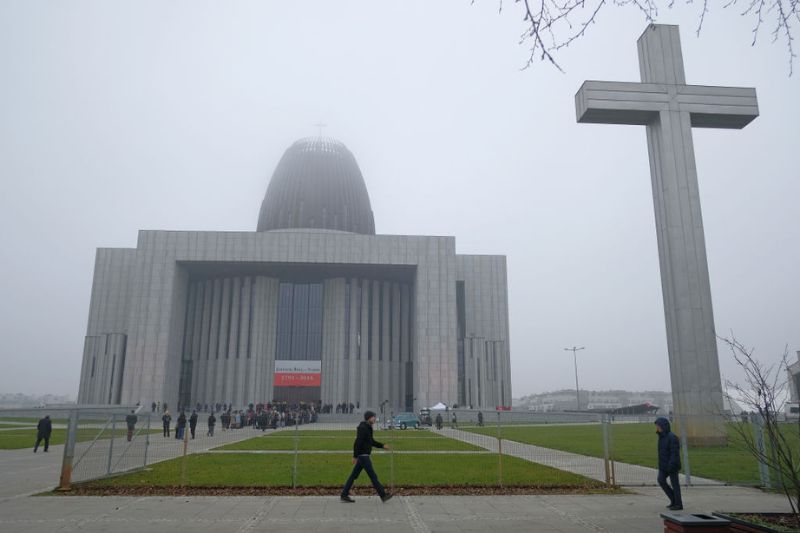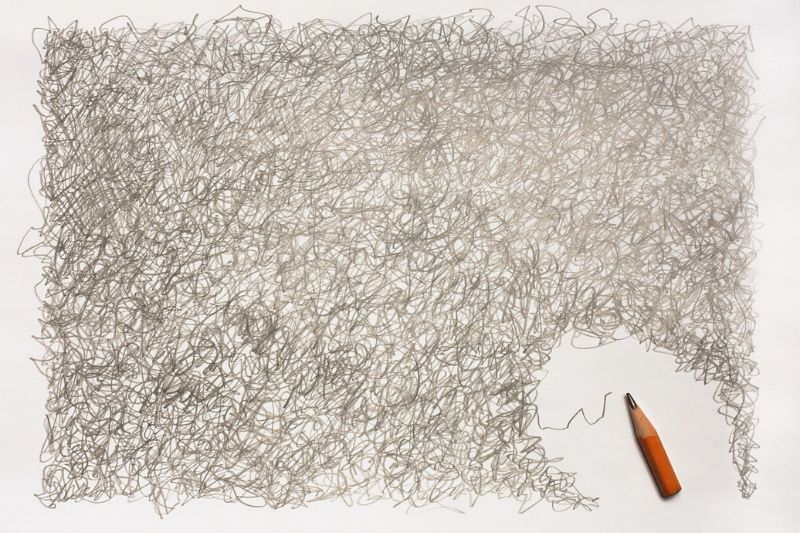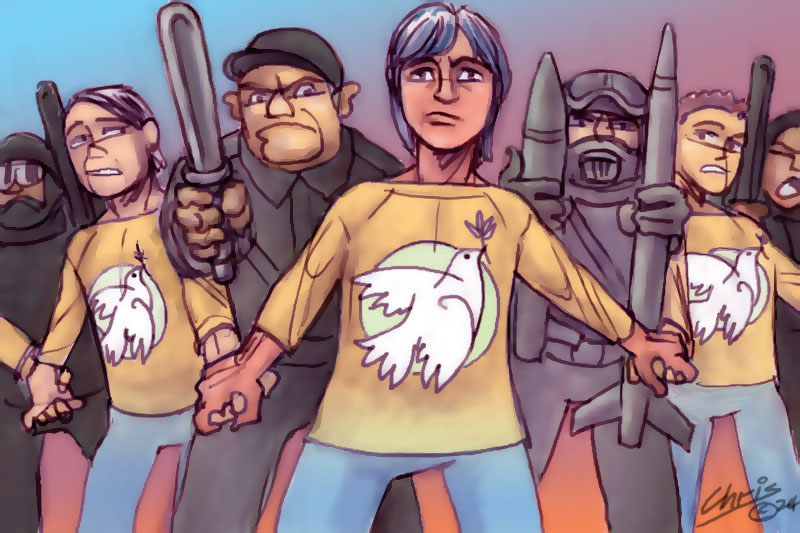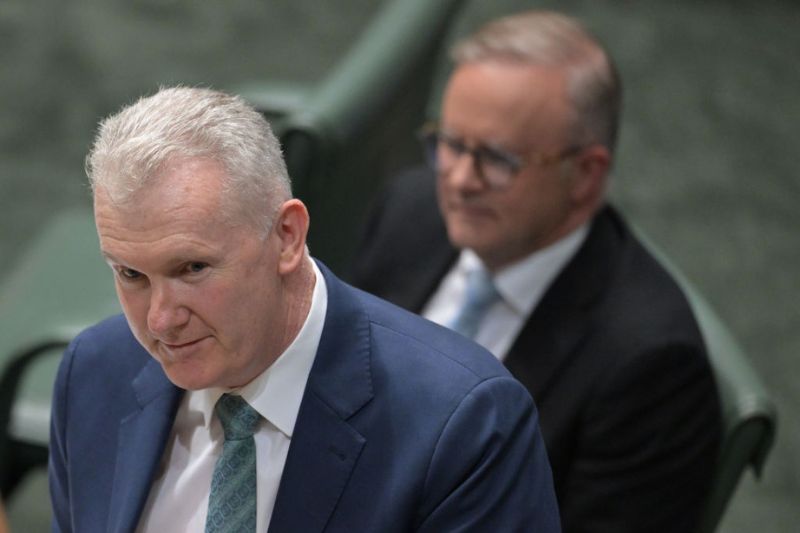Keywords: Australian Government
-

ARTS AND CULTURE
- Gillian Bouras
- 16 January 2025
Sacred spaces reflect their times, from Baroque splendor to Brutalist minimalism. A visit to Warsaw’s Temple of Divine Providence highlights how churches, beyond their doctrines, become vessels of national identity, architectural evolution, and historical memory.
READ MORE
-

AUSTRALIA
- David Halliday, Michael McVeigh, Laura Kings, Michele Frankeni, Andrew Hamilton, Julian Butler
- 18 December 2024
To close the year for Eureka Street, the editorial team are taking a step back to reflect on the character of 2024. What did it demand of us? What did it teach us about ourselves, and the world we inhabit?
READ MORE
-

AUSTRALIA
- Claire Heaney
- 13 December 2024
For years, Coles and Woolworths have been accused of squeezing both producers and shoppers in equal measure. With new regulatory changes on the horizon and a web of inquiries underway, the supermarket duopoly finds itself under unprecedented scrutiny. But will these reforms actually lower grocery bills?
READ MORE 
-

AUSTRALIA
- Andrew Hamilton
- 12 December 2024
The firebombing of Melbourne's Adass Israel Synagogue is a profound tragedy, reflecting the weight of historical hatred and contemporary tensions. Amid global grief and anger, this act of antisemitism compels us to reflect on the shared humanity of all people and the urgent need for peace, understanding, and ethical leadership.
READ MORE
-

EDUCATION
- Peter Hosking
- 11 December 2024
In a world reshaped by smartphones and social media, Generations Z and Alpha grapple with rising anxiety, diminished attention spans, and the erosion of real-world connections. As governments and parents push for reforms, the challenge is clear: how can technology serve young people’s growth without exploiting their vulnerabilities for profit?
READ MORE
-

INTERNATIONAL
- Damian Spruce
- 10 December 2024
At COP29, the world’s wealthiest nations promised to confront climate change—but delivered only a fraction of the required funds, leaving developing countries with a trillion-dollar shortfall. As Pope Francis warns of a sick planet, the question remains: Who pays for the climate crisis, and who bears the consequences?
READ MORE
-

INTERNATIONAL
- Justin Glyn
- 10 December 2024
Peace is hard to define, harder to achieve, and almost impossible to sustain. In a world obsessed with profit, simplistic narratives, and selective outrage, peace feels like a lofty ideal rather than a realistic goal. But what would it take to make peace more than a buzzword—and a true global reality?
READ MORE
-

AUSTRALIA
- Peter Craven
- 05 December 2024
Tom Hughes, who passed away at 101, was a towering figure in Australia’s legal and political history. A barrister of dazzling skill, an Attorney-General with a penchant for reform, and a man of unshakable conviction, Hughes combined wit, charm, and grit to shape justice and inspire a legacy beyond party lines.
READ MORE
-

AUSTRALIA
- Frank Brennan
- 04 December 2024
1 Comment
When High Court rulings challenge government policy, they usually prompt reflection and refinement. But for the Federal Government, a recent decision on non-citizen rights has sparked a legislative overreach, mirroring the Opposition’s hardline stance.
READ MORE
-

AUSTRALIA
- Binoy Kampmark
- 04 December 2024
In a move that’s been both lauded as necessary and criticized as overreaching, Australia has enacted legislation banning social media for users under 16, placing enforcement squarely on Big Tech. But behind the legislation lies a contentious debate: does prohibition protect, or does it merely shift the harm?
READ MORE
-

AUSTRALIA
- Kevin Bell
- 29 November 2024
2 Comments
With unaffordable housing pushing families into impossible choices, homelessness affecting 120,000 people, and systemic inequities deepening, we must ask: What kind of society do we want to build — and for whom?
READ MORE 
-

ENVIRONMENT
- David Ness
- 28 November 2024
2 Comments
As the climate crisis deepens, there's an urgent need for a global shift toward fairness, equity, and living well within our planet’s limits. Drawing from Pope Francis’s Laudato Si’, sufficiency thinking offers a critical, overlooked pathway to global equity and sustainability.
READ MORE